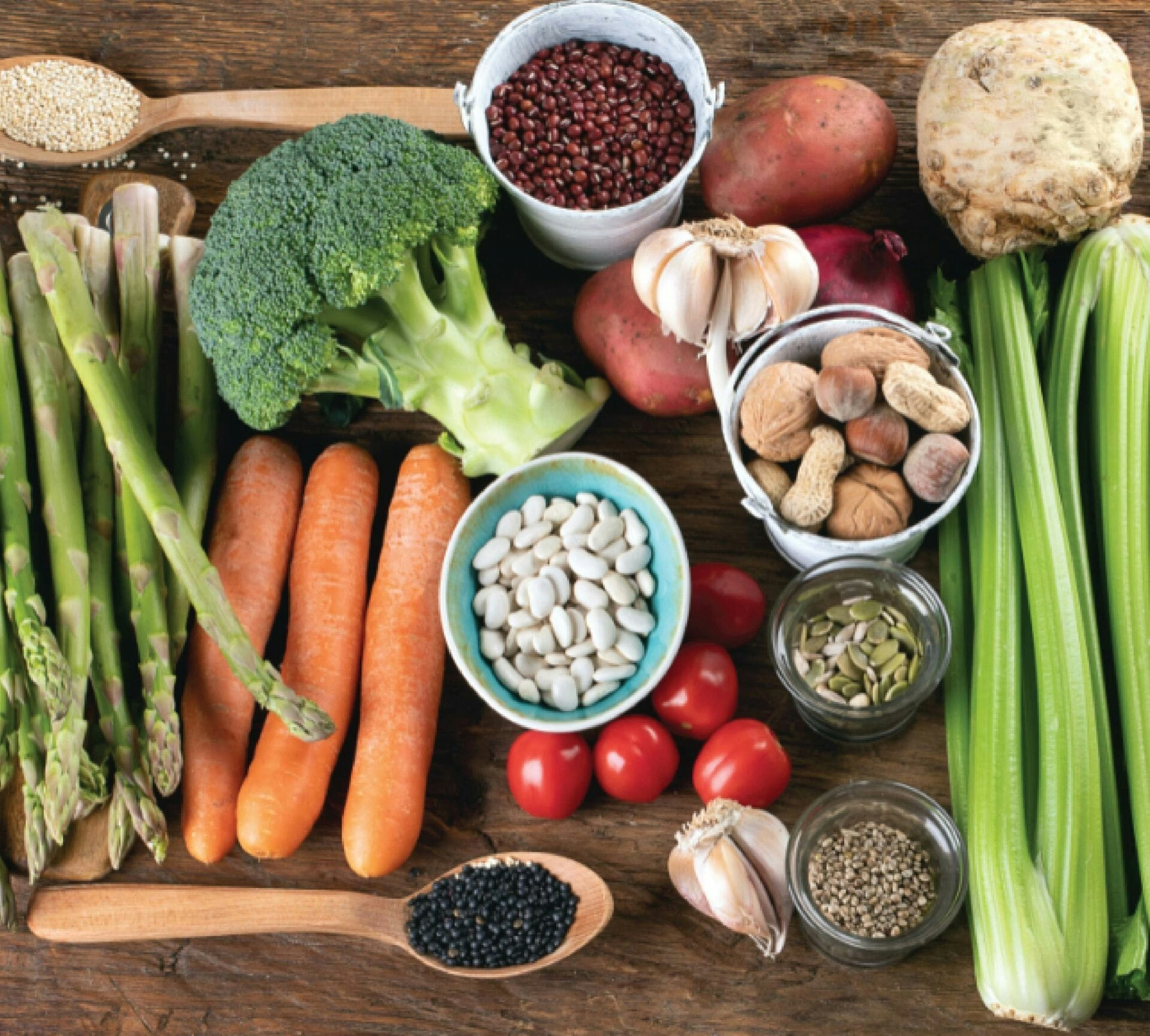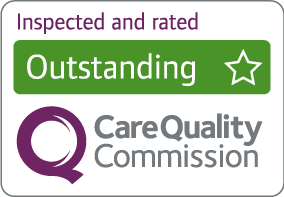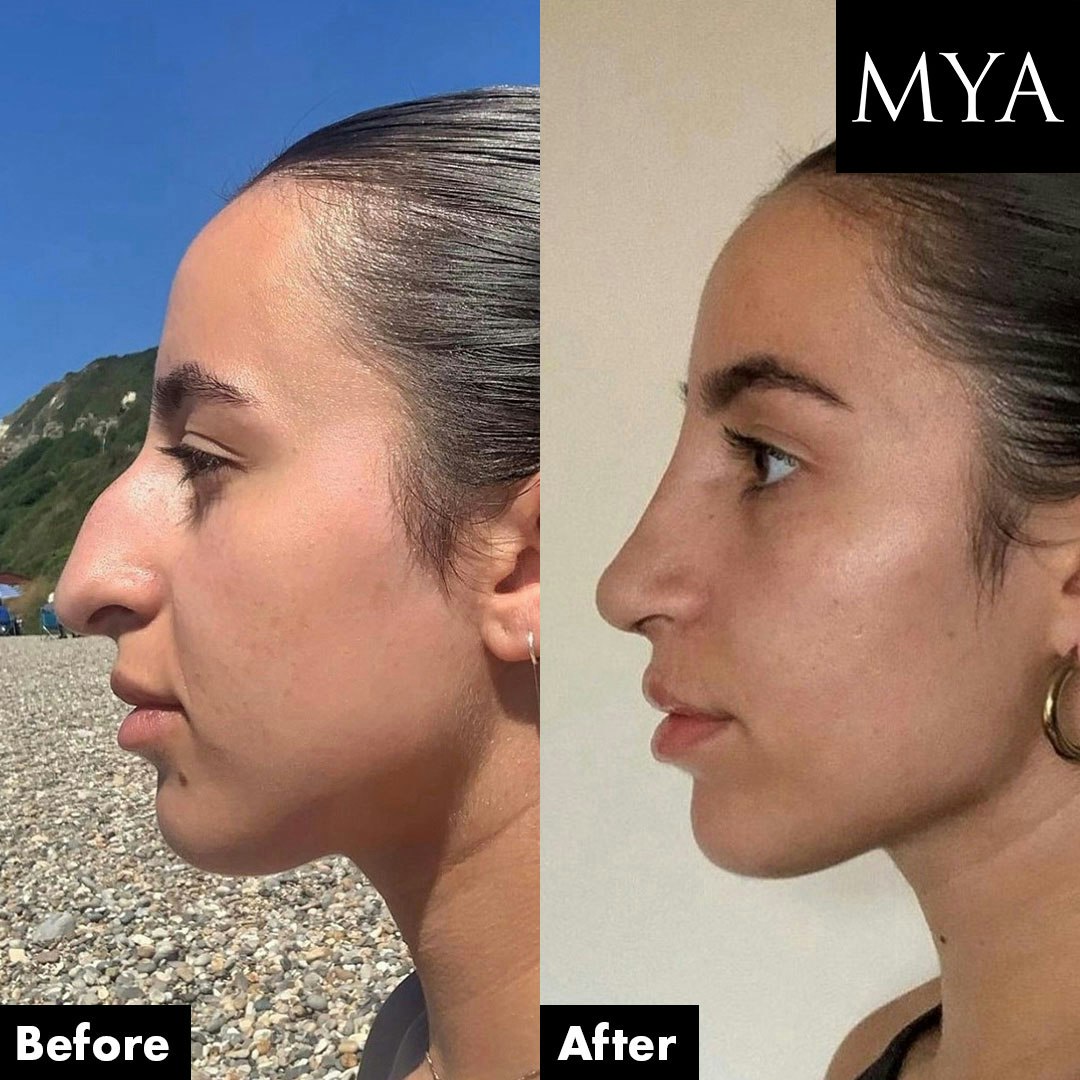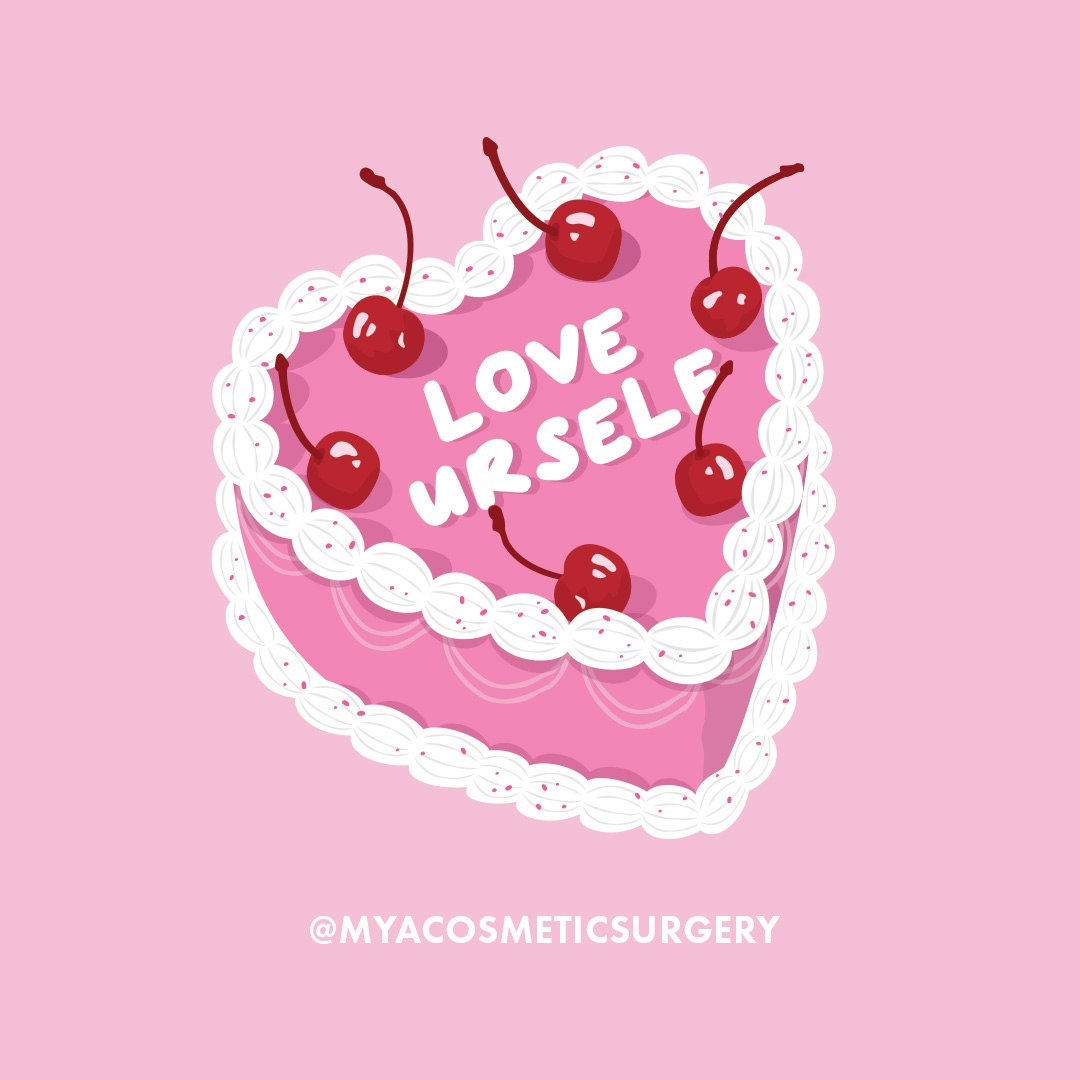Top 10 healing foods that can speed up your recovery post-surgery
We've made a list of 10 foods that will provide your body with the energy and nutrition it needs to fight off infections, accelerate healing, increase your strength and energy and maintain your nutrient stores post-surgery. These foods not only help your body heal, they also taste delicious too!
1) Berries
Berries contain lots of antioxidants that help the body repair damage and are an excellent source of vitamin C, which has been proven to help rebuild collagen and soft tissue, helping to improve the appearance and speed up the healing of your incision scars.
You can find high levels of antioxidants in: Blueberries, Pomegranates, Raspberries and Strawberries.
2) Vegetables
The vitamins and minerals you will find in vegetables are some of the most important nutrients in your healing diet. By ensuring vegetables are included in your diet adds a healthy source of carbohydrates. Vegetables hold essential vitamins and minerals and adding them to your diet, provides your body with a healthy source of carbohydrates, helping to battle fatigue and provide your brain and muscles with energy.
Vegetables to add to your diet: Carrots, Cabbage, Broccoli and Sweet Potatoes.
3) Fats (nuts, oils, fish)
Healthy fats provide us with a long-lasting source of energy and are essential for strengthening our immune system and fighting infections, by helping our bodies to absorb vitamins from fruit and vegetables that we consume. Almonds are high in vitamin E, which helps wounds to heal faster and reduces the appearance of scars.
Healthy fats to include: Oily Fish, Olive oil, Avocados, Coconut oil, Nut and Seeds.
4) Leafy Greens
Greens are probably the least favourite element of a healthy diet, but they are vital dose of vitamin A, C, and E. Leafy greens also contain lots of fibre, magnesium and potassium which help maintain your energy levels. You can add these greens to soups and smoothies to make them more enjoyable,
Essential Greens: Spinach, Kale, Swiss chard and Romaine lettuce.
5) Lean Protein
Making sure protein is part of your diet is very important for the repair and healing of muscles. Amino acids in the protein helps with the repair and regeneration of the muscle’s tissues, speeding up the process of wound healing. The iron in meat helps to regain energy levels by creating new blood cells.
Eat lots of iron and protein with these foods: Organic meats such as Chicken and Turkey, Nuts, Seafood, Lentils and Eggs.
6) Alkaline Foods
Lemon and Apple Cider Vinegar are great sources of Alkaline, by adding these to your diet you are balancing out the pH in your body by counteracting the acidic foods, overall helping for a healthy digestion.
We suggest drinking a glass of warm water and half a lemon squeezed into the glass first thing in the morning before you eat, or another option is to take a spoonful of apple cider vinegar every morning.
7) Probiotics
Probiotics are the healthy bacteria that your body needs to digest food, provide mental balance and fight off all the germs and infections you are prone to after a hospital stay or procedure. Anesthetics, antibiotics and painkillers can unbalance your gut, a healthy dose of probiotics can help to regulate your digestive system.
Some of the most common forms of probiotic rich foods are: Yogurt, Cottage cheese, Sauerkraut and Kimchi.
8) Bright Coloured Fruits
Including fruit in your diet is very key, especially the brightly coloured ones such as oranges, apples, berries and tomatoes to ensure you get a good dose of vitamin A, C, carbohydrates, fibre, antioxidants and calories. These essential nutrients help your body to bounce back.
Eat lots of these fruits: Oranges, Apples, Berries, Grapefruit, Tomatoes, Mango and Peaches.
9) Whole Grains
After surgery your body will feel tired and need resting, whole grains provide your body with carbohydrates that your brain needs for energy and stops your muscles from breaking down.
Fill your plate with: Whole wheat or rye sourdough breads, Oats, Quinoa and Wild rice.
10) Water
Water is the most important element of the human diet, without water we wouldn’t survive, however, keeping ourselves hydrated is something that often gets overlooked. After surgery, most patients wake up feeling dehydrated and require regular fluids, so our top tips are to keep a jug of water near by at all times and drinking through a straw makes swallowing easier if you have a dry mouth.
Happy Healing
The key thing to remember after cosmetic surgery is that you have had a surgical procedure and the body needs time to heal to get back to its normal healthy self. So, be gentle, look after yourself and be patient.
We hope you take these tips on board, happy healing!
Love MYA x









